3 things you need to know about estate administration
As the person responsible for someone else’s estate, a lot of tasks will fall to you. You can expect to spend hours communicating with creditors and lenders, weeks waiting for a hearing in probate court and months maintaining assets before their ultimate distribution to beneficiaries.
Understanding what really occurs during estate administration in North Carolina helps you protect yourself and fulfill your obligations without making potentially expensive mistakes.
Property distribution doesn’t happen right away
Although the beneficiaries of the estate may be eager to lay claim to their inheritances, you cannot distribute assets until after you initiate probate proceedings and notify the courts. Creditors need an opportunity to make a claim against the estate assets unless you know for certain that you have enough set aside to cover all of someone’s financial obligations.
It is important to pay creditors before you hand out property to the beneficiaries of the estate. Otherwise, you run the risk of handing out too many assets while there are still debts that the estate has responsibility for, which would lead to you having personal responsibility for the unpaid balances.
Taxes can affect estate administration
As the executor of an estate, you may need to file a tax return for the person who died. If the estate is worth millions of dollars, you may also need to pay federal estate taxes. In scenarios where you must sell property on behalf of the estate, you may also need to file an income tax return for the estate in addition to the personal return for the deceased person.
Beneficiaries could challenge you or the documents
If someone is unhappy with their inheritance or believes that you have mismanaged estate resources, they might try to challenge you in court or claim that the documents are not legal or valid. You can protect yourself by keeping records of how you distribute estate property and having the assistance of a legal professional to ensure that you comply with the estate plan and that those documents comply with state law.
Learning about the basic responsibilities and rules that apply during estate administration can help you avoid mistakes that could lead to expensive problems later.




